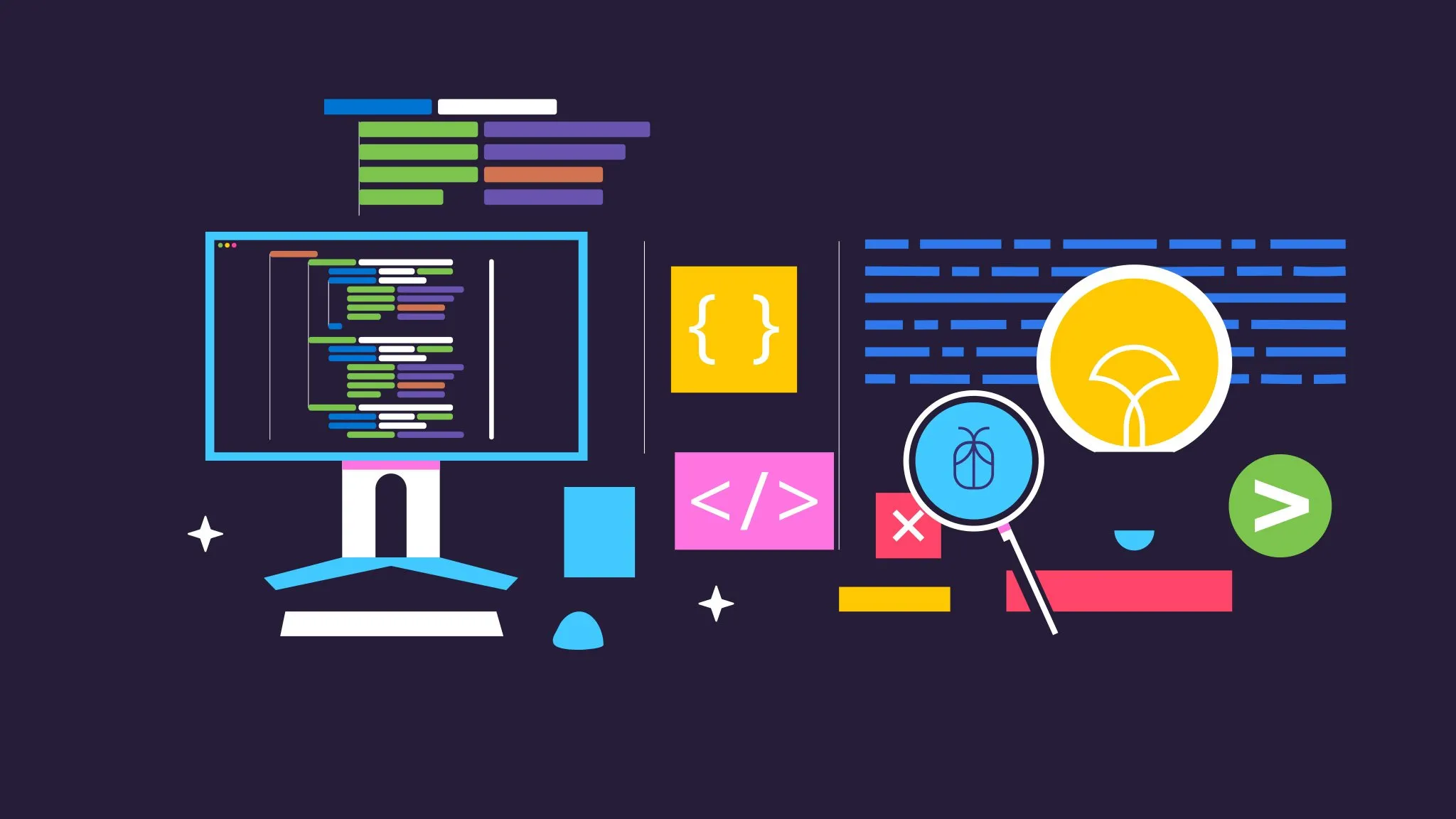
Devops Testing 
Explore the essentials of Devops Testing ▼
ADVERTISEMENT
Course Feature
![]() Cost:
Cost:
Free Trial
![]() Provider:
Provider:
QuickStart
![]() Certificate:
Certificate:
No Information
![]() Language:
Language:
English
![]() Start Date:
Start Date:
Self Paced
Course Overview
❗The content presented here is sourced directly from QuickStart platform. For comprehensive course details, including enrollment information, simply click on the 'Go to class' link on our website.
Updated in [May 19th, 2023]
Devops Testing is a course designed to provide students with an overview of core testing concepts and best practices in DevOps environments. It is designed to help students understand the importance of testing in DevOps and how to implement various testing types.
The course begins by introducing students to the fundamentals of DevOps and the importance of testing in DevOps. It then covers the different types of testing, such as unit testing, integration testing, system testing, and acceptance testing. It also covers the different tools and techniques used in DevOps testing, such as continuous integration, continuous delivery, and automated testing.
The course also covers the different approaches to testing in DevOps, such as test-driven development, behavior-driven development, and exploratory testing. It also covers the different testing frameworks and tools used in DevOps, such as Selenium, Cucumber, and Jenkins.
The course also covers the different strategies for testing in DevOps, such as test automation, test-driven development, and continuous integration. It also covers the different techniques used in DevOps testing, such as static analysis, dynamic analysis, and performance testing.
Finally, the course covers the different challenges faced in DevOps testing, such as scalability, reliability, and security. It also covers the different strategies for addressing these challenges, such as automation, continuous integration, and continuous delivery.
At the end of the course, students will have a comprehensive understanding of the different types of testing in DevOps, the different tools and techniques used in DevOps testing, and the different strategies for testing in DevOps. They will also have a better understanding of the different challenges faced in DevOps testing and the different strategies for addressing these challenges.
[Applications]
After completing this course, students should be able to apply the concepts and best practices learned to their own DevOps environments. They should be able to identify and implement various testing types, such as unit, integration, and system testing, as well as automated testing. Additionally, they should be able to identify and address common challenges in DevOps testing, such as test data management, test environment setup, and test automation.
[Career Paths]
1. DevOps Test Engineer: A DevOps Test Engineer is responsible for developing and executing automated tests to ensure the quality of software products. They are also responsible for creating and maintaining test plans, test cases, and test scripts. This role is becoming increasingly important as organizations move towards DevOps and continuous delivery.
2. DevOps Automation Engineer: A DevOps Automation Engineer is responsible for automating the software development and deployment process. This includes creating and maintaining automated scripts, tools, and processes to ensure the quality and reliability of software products. This role is becoming increasingly important as organizations move towards DevOps and continuous delivery.
3. DevOps Quality Assurance Engineer: A DevOps Quality Assurance Engineer is responsible for ensuring the quality of software products. This includes creating and maintaining test plans, test cases, and test scripts. This role is becoming increasingly important as organizations move towards DevOps and continuous delivery.
4. DevOps Security Engineer: A DevOps Security Engineer is responsible for ensuring the security of software products. This includes creating and maintaining security policies, procedures, and tools to ensure the security of software products. This role is becoming increasingly important as organizations move towards DevOps and continuous delivery.
[Education Paths]
1. Bachelor of Science in Computer Science: This degree program provides students with a comprehensive understanding of computer science fundamentals, including software engineering, programming, and data structures. It also covers topics such as artificial intelligence, computer networks, and operating systems. This degree is ideal for those interested in developing and testing software for DevOps environments.
2. Master of Science in Software Engineering: This degree program focuses on the design, development, and testing of software systems. It covers topics such as software architecture, software development methodologies, and software testing. This degree is ideal for those interested in developing and testing software for DevOps environments.
3. Master of Science in Information Technology: This degree program focuses on the design, development, and management of information systems. It covers topics such as database design, network security, and software engineering. This degree is ideal for those interested in developing and testing software for DevOps environments.
4. Master of Science in Cybersecurity: This degree program focuses on the protection of computer systems and networks from malicious attacks. It covers topics such as cryptography, network security, and digital forensics. This degree is ideal for those interested in developing and testing software for DevOps environments.
The demand for professionals with expertise in DevOps testing is growing rapidly, and these degree paths provide the necessary skills and knowledge to succeed in this field. With the increasing complexity of software systems, the need for professionals with expertise in DevOps testing is only going to increase.
Course Provider

Provider QuickStart's Stats at AZClass
Discussion and Reviews
0.0 (Based on 0 reviews)
Explore Similar Online Courses

Step Up Your JS: A Comprehensive Guide to Intermediate JavaScript

Build Affiliate Marketing Business Using Shopify and Amazon

Python for Informatics: Exploring Information

Social Network Analysis

Introduction to Systematic Review and Meta-Analysis

The Analytics Edge

DCO042 - Python For Informatics

Causal Diagrams: Draw Your Assumptions Before Your Conclusions

Whole genome sequencing of bacterial genomes - tools and applications

DevOps Fundamentals With Agile Gain Solid Understanding

The DevOps Toolkit: Kubernetes Chaos Engineering
![Microsoft Azure DevOps Certification Training Course [AZ 400]](/ccsimg/dcs/img_tools/dcs_img_1691609508_f1144c26447da078f1e6f48f537907b0.webp)
Microsoft Azure DevOps Certification Training Course [AZ 400]
 Related Categories
Related Categories
 Popular Providers
Popular Providers
Quiz
 Submitted Sucessfully
Submitted Sucessfully
1. What is the main purpose of DevOps testing?
2. What is the most important factor to consider when implementing DevOps testing?
3. Which of the following is NOT a type of DevOps testing?


Start your review of Devops Testing